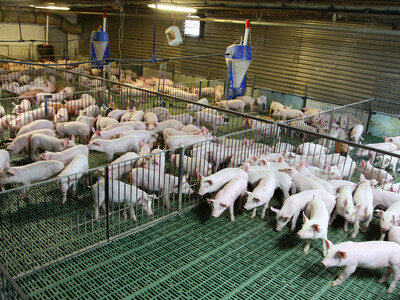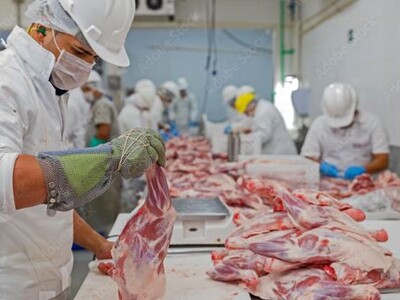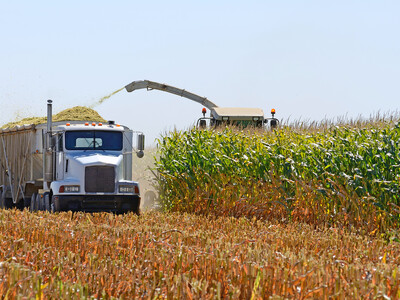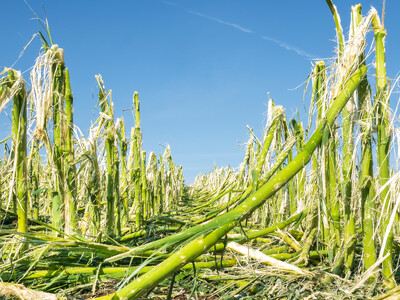Pushing the Korean Free Trade Agreement, Part 2
Pushing the Korean Free Trade Agreement, Part 2. I’m Greg Martin with today’s Line On Agriculture.
Farmers are keeping an eye on three trade agreements that when completed will open up many more avenues for their products. Ag Secretary Tom Vilsack talked with reporters on Monday about the Korean FTA and why getting Congress to ratify the agreement is so important.
VILSACK: In just over a decade, our share of Korea's import market for goods has fallen from 21 percent to just 9 percent. That's why we believe a ratified U.S. Free Trade Agreement will expand agricultural exports by what we believe to be $1.8 billion. That will help support another 16,500 jobs here at home.
Now it’s not a done deal and they are currently working on the translation from English to Korean before submitting it to Congress but Vilsack says once ratified it would quickly benefit agriculture.
VILSACK: The agreement will immediately eliminate duties on a majority of the U.S. farm products that are currently exported to Korea. That would include wheat, corn, soybeans for crushing, whey for feed use, hides and skins, cotton, cherries, pistachios, almonds, orange juice, grape juice, wine, and will also reduce duties on many other products over time, including the U.S. beef and pork industry.
With ratification of the U.S.-Korea Free Trade Agreement, Korea's 40-percent tariff on U.S. beef will be eliminated over the next 15 years.
Vilsack says it is important to get this deal done now before worldwide competitors beat us to the punch.
VILSACK: Right now we know that Korea is negotiating a trade agreement with Australia, a major competitor for us in the beef market area. If Australia completes its agreement with Korea before we do, the tariff cuts for Australian beef will take effect before those of U.S. beef, giving the Australians a price advantage for at least the next 15 years. That's why we believe it's important to act now.
As mentioned there would be immediate advantages but in the long term farmers would benefit greatly.
VILSACK: By 2016, more than 90 percent of pork exports will also be duty-free. Right now the average tariff on our agricultural goods in Korea is considerably higher than the average U.S. tariff, comparing 53.9 percent, the Koreans' average tariff, to 8.9 percent, our average tariff.
Vilsack says he hopes the agreement can be finalized before July 1 when an EU agreement with Korea goes into effect.
That’s today’s Line On Agriculture. I’m Greg Martin on the Ag Information Network.

















